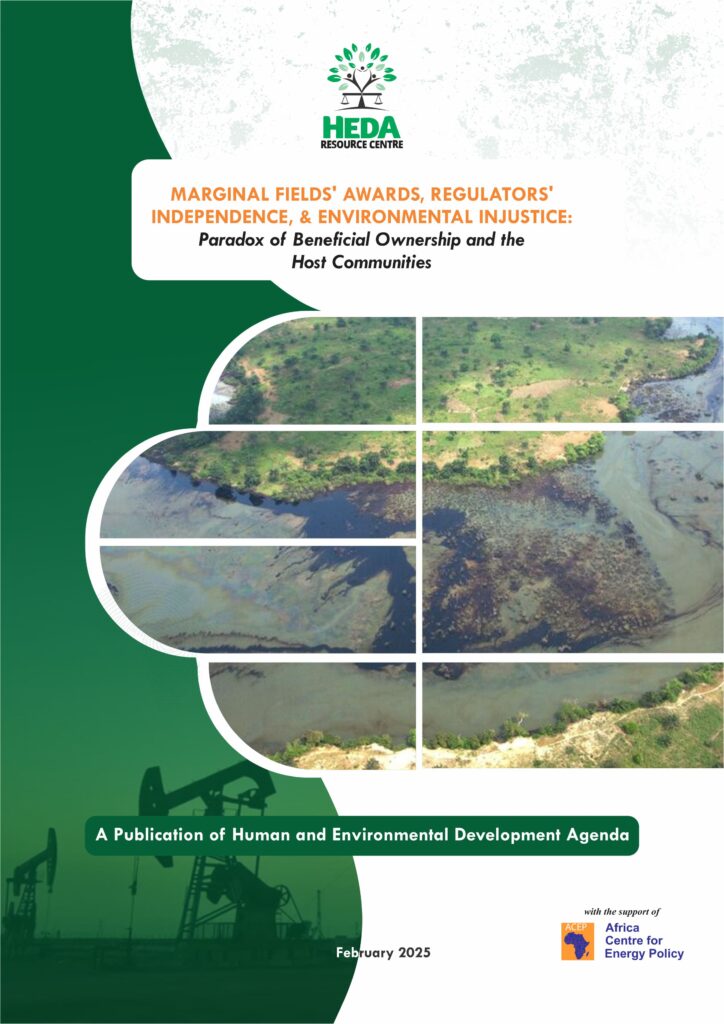The Human and Environmental Development Agenda (HEDA Resource Centre), in collaboration with the United Nations Office on Drugs and Crime (UNODC) and the Kano State Anti-Corruption Commission, is set to host the 37th Anti-Corruption Situation Room (ACSR). The event will take place on Wednesday, October 16, and Thursday, October 17, 2024, in Uyo, Akwa Ibom State.
With the theme “Addressing Corruption in the Judiciary and Providing Effective Strategies for Transparency and Accountability,” the forum aims to tackle the alarming level of corruption in Nigeria’s judicial system, as highlighted in the 2024 National Bureau of Statistics (NBS) Corruption Survey Report.
The report revealed that an estimated $1.23 billion (N721 billion) was paid in bribes to public officials in 2023, with a significant portion going to judges and magistrates.
The ACSR will bring together key stakeholders, including government officials, civil society organizations, judicial leadership, and legal experts, to critically examine the findings of the NBS report and develop actionable strategies for reform. The event will also address the increasing concern over the involvement of the judiciary in corrupt practices, especially during election tribunals and politically sensitive cases.
According to HEDA Chairman, Olanrewaju Suraju, some of the key objectives of the ACSR include fostering dialogue among stakeholders on effective judicial reforms to curb corruption, enhancing understanding of the challenges faced by judicial officers, and the importance of upholding judicial integrity.
Other objectives include developing concrete, evidence-based recommendations to support judicial reform and engaging with the Chief Justice of Nigeria to promote transparency and accountability within the judiciary.
This event represents a significant step in HEDA’s ongoing efforts to combat corruption and ensure transparency in Nigeria’s legal system. The forum will create a platform for collaboration between academia, civil society, and judicial leaders aimed at safeguarding the integrity of the judiciary.


